I am trying to sign into facebook with python requests. When I run the following code: import requests
def get_facebook_cookie():
sign_in_url = "https://www.facebook.com/login.php?login_attempt=1"
#need to post: email , pass
payload = {"email":"xxxx@xxxx.com", "pass":"xxxxx"}
headers = {"accept":"text/html,application/xhtml+xml,application/xml;q=0.9,image/webp,*/*;q=0.8", "user-agent":"Mozilla/5.0 (X11; Linux x86_64) AppleWebKit/537.36 (KHTML, like Gecko) Chrome/43.0.2357.132 Safari/537.36"}
s = requests.Session()
r1 = s.get(sign_in_url, headers = headers, timeout = 2)
r = s.post(sign_in_url, data = payload, headers = headers, timeout = 2, cookies = r1.cookies)
print r.url
text = r.text.encode("ascii", "ignore")
fbhtml = open("fb.html", "w")
fbhtml.write(text)
fbhtml.close()
return r.headers
print get_facebook_cookie()
( note the url is supposed to redirect to facebook.com-- still does not do that)
facebook returns the following error:

(the email is actually populated in the email box -- so I know it is passing it in atleast)
According to the requests session documentation it handles all of the cookies, so I do not even think I need to be passing it in. However, I have seen other do it elsewhere in order to populate the second request with an empty cookie so I gave it a shot.
The question is, why is facebook telling me I do not have cookies enabled? Is there some extra request header I need to pass in? Would urllib2 be a better choice for something like this?